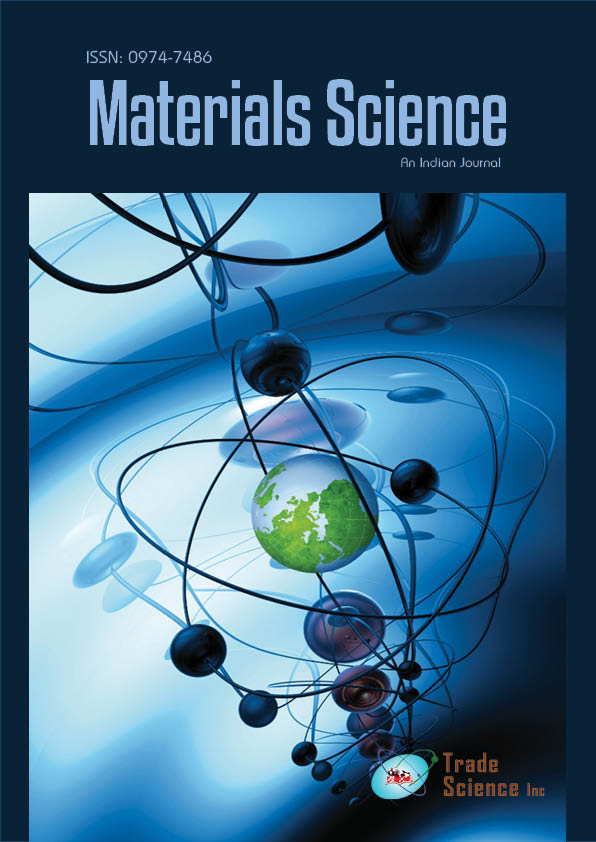抽象的
Enhancement of Heat Transfer in Pool Boiling with Aluminum Chips using Etching Process
H. Joga Rao and G. Kalyani
Pool boiling is the process in which the heating surface is submerged in a large body of stagnant liquid. The relative motion between the vapor produced and the surrounding liquid is near the heating surface is due to primarily to the buoyancy effect of the vapor. As the time goes by during boiling due to the formation of the film on the heating surface heat transfer reduces. Therefore, enhancement of heat transfer on micro surfaces is required. This is achieved by doing surface modification and fabrication technologies. The fabrication techniques for achieving these surfaces, which are technically classified into machining, etching, coating, chemical process, and micro systems are describes. Out of all, these methods in this work heat transfer is enhanced by increasing the flow moment of vapor bubbles on the surface. This can be achieved by increasing surface area by using etching techniques. In etching process certain proportion of acid mixture is used, so that the surface made uneven. Hence there is no chance of formation of unstable film on the surface. The objective of this work is to evaluate the pool boiling performance structured surface features on an aluminum chip. The performance is compared with the normal chip before etching. It has wide range of electronic cooling applications because if it’s high potential for removing large amounts of heat resulting from the latent heat of evaporation. It is observed that after etching the heat transfer is enhanced by 15.96%. It is also observed that pure aluminum did not enhances the heat transfer even by etching, but the aluminum alloy enhances the heat transfer after etching.
